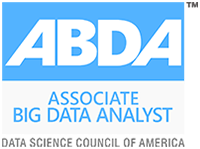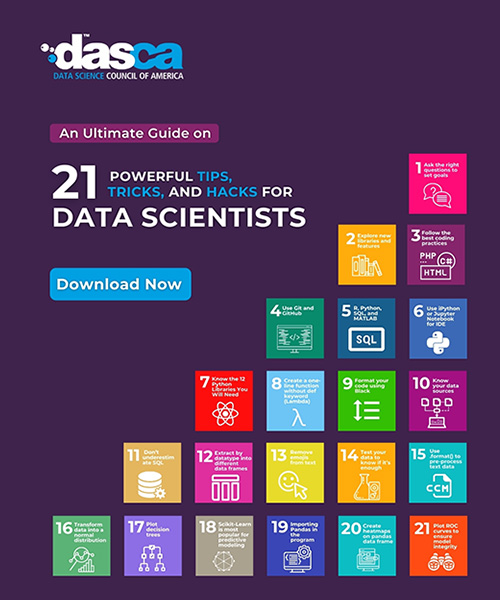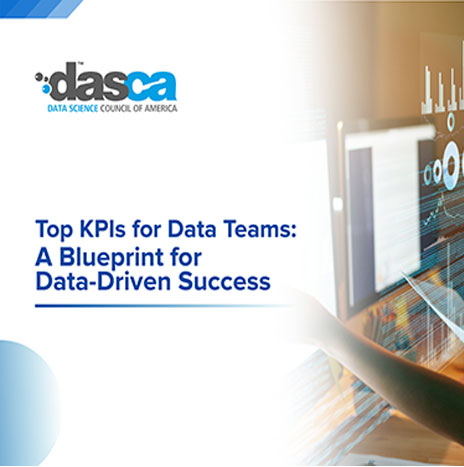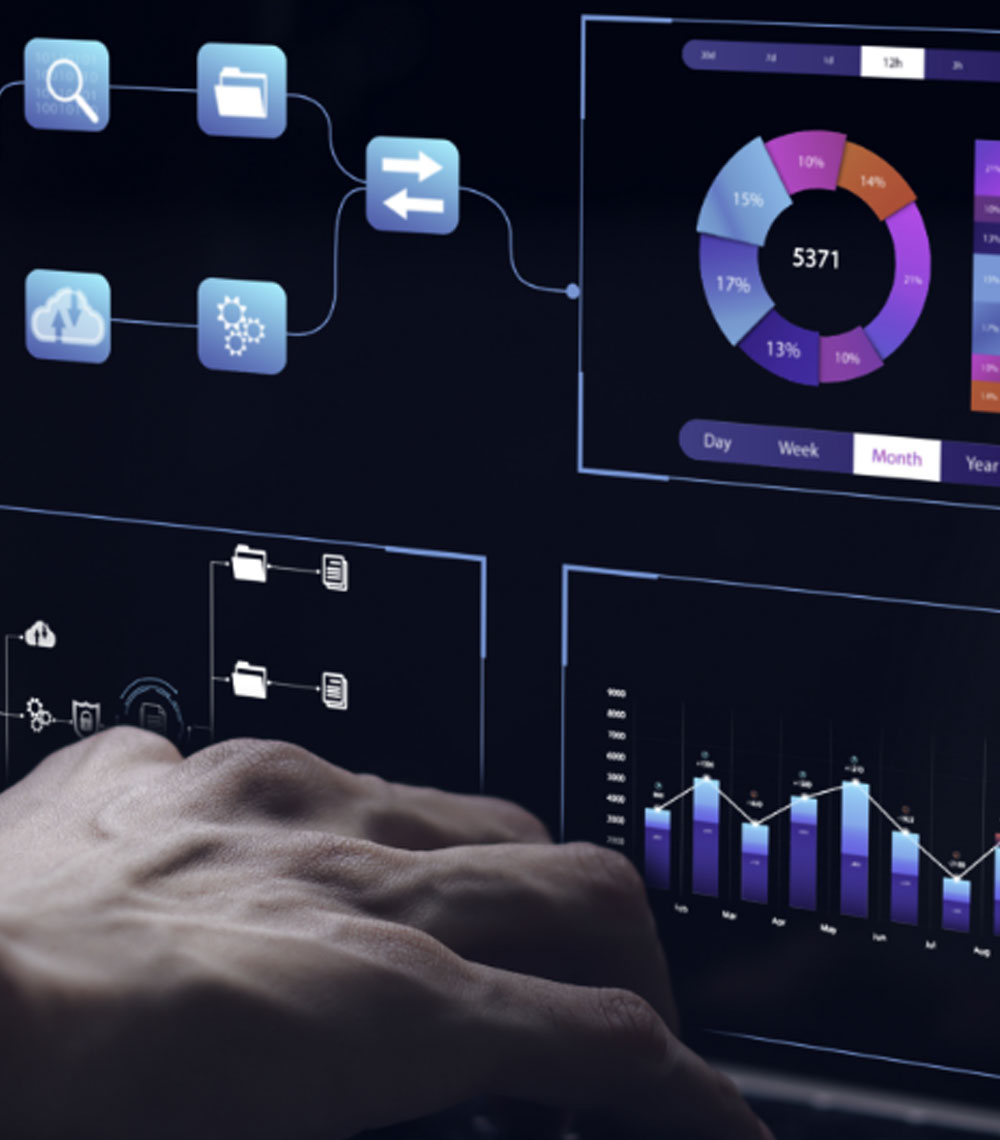
Data science is one of the hottest career choices today. Numerous organizations are on the hunt for skilled data science talent to help them harness insights from data to drive strategic decisions.
If you’re considering a career in data science, it helps to understand the spectrum of roles available. Here we break down the major types of data science roles and their key responsibilities, required skills and average salary in 2025:
-
Data Scientist
The Data Scientist is one of the most crucial roles across industries in the modern data-driven world today. As organizations rely more and more on data to drive strategic decisions, products, and offerings, the need for skilled data scientists has escalated exponentially. Data Scientists sit at the core of unlocking actionable insights from raw, unstructured data that can transform business functions ranging from operations and marketing to finance, product, and beyond.
The core responsibility of a data scientist involves researching and analyzing large volumes of raw, messy data to uncover actionable insights, trends, and projections to aid business strategy and planning.
With rapid growth anticipated in data science applications across domains, these specialized skills will be highly sought after in the job market. According to Indeed estimates, the average salary of a Data Scientist in the United States is forecast to be $124,726 per year in 2025, exhibiting lucrative career prospects. Overall, data scientists will continue defining and leading analytics strategy for organizations seeking to unlock the power of data.
-
Data Analyst
A Data Analyst play a crucial support role for data scientists by organizing, cleaning and formatting raw data so it can be effectively analyzed. Their core responsibility is to take large, complex data sets and transform them into a structured format that allows key insights and trends to be spotted more easily.
To prepare data for analysis, Data Analysts need to be highly skilled in using SQL queries to extract the required information from databases or data warehouses. Strong Excel skills are also essential, as much of the extracted data will need additional cleaning and formatting before it is presentation ready. Familiarity with ETL (extract, transform, load) processes is also important to move data between different systems.
According to Indeed, the average salary for a Data Analyst in the United States is $81,273 per year. This includes everyone from entry-level analysts to senior roles. In 2025, we can reasonably expect this to inflate to around $86,000 - $92,000 on average. Strong SQL, Excel, communication and visualization skills will be highly sought after. The ability to translate numbers into strategic business insights will be invaluable across all industries.
-
Data Engineer
A Data Engineer is responsible for building and maintaining the infrastructure that allows data to be collected, stored, and accessed for analysis. As data volumes grow larger and more complex, organizations need robust and scalable data architectures to support business intelligence and data science initiatives.
The core responsibility of a Data Engineer is to design and implement "data pipelines" to move data from various sources into a centralized data warehouse or lake. They build platforms and infrastructure leveraging cloud services like AWS, Google Cloud, and Microsoft Azure to ingest streaming data, process it, and store it for consumption. This requires expertise in cloud architecture, database systems like PostgreSQL, MySQL, SQL Server, and NoSQL databases.
With demand for data analytics skills surging, Data Engineering is a lucrative career path. The average salary for a Data Engineer in the United States is $125,468 per year, as per Indeed estimates. Key skills like Python, SQL, AWS, Azure, GCP, Airflow, and data modeling are essential for this role.
-
Machine Learning Engineer
A Machine Learning Engineer is responsible for taking models created by data scientists and turning them into production-ready solutions that can be reliably served to end-users. Their primary focus is on the optimization, deployment, and maintenance of real-world machine learning applications.
Some key skills required to become a Machine Learning Engineer include proficiency in Python, frameworks like PyTorch and TensorFlow, MLOps tools for deployment and monitoring, and infrastructure platforms like Kubernetes.
According to Indeed, the average salary for a Machine Learning Engineer in the Unites States is estimated to be around $162,297 per year, making it one of the most lucrative careers that sits at the intersection of software engineering and data science.
-
Business Analyst
Business Analysts are crucial members of any data science team, serving as the bridge between technical data experts and key business stakeholders. Leveraging their knowledge of both data analysis and the company's business operations, Business Analysts extract meaningful insights from raw data and effectively communicate those findings to decision makers. This enables leadership to make informed, data-driven strategic choices that align with overarching business goals.
To succeed as a Business Analyst, individuals must possess data analytics skills such as mining, cleaning, modeling, and visualizing data with tools like Excel, SQL, Python, Tableau, etc. Just as importantly, they need an in-depth understanding of the company's products, customers, financials, and competitors. Combining analytical abilities with business acumen empowers them to spot important trends and growth opportunities that directly tie back to core objectives around sales, revenue, efficiency gains, risk reduction, and more.
With the exponential growth in data across all industries, demand for Business Analysts is projected to expand rapidly, with an average salary around $85,290 per year in the United States, as per Indeed estimates. Their cross-functional skillset sits at the intersection of technical data science and practical business decision-making, cementing Business Analysts as invaluable assets driving organizational success.
-
Data Analytics Consultant
A data analytics consultant is an expert who is hired by companies to help them effectively leverage their data to gain valuable insights and drive better business decisions. The primary role of a data analytics consultant is to assess an organization's existing data infrastructure, analytics capabilities, and identify gaps where they can improve.
Data analytics consultants are proficient in cutting-edge techniques like predictive modeling, machine learning, AI and statistical analysis. They advise on the best approaches to integrate these techniques into the client's analytics workflow to solve complex business problems. For instance, developing customized ML algorithms to predict customer churn or using AI bots to automate repetitive reporting.
The average salary for a skilled data analytics consultant in the Unites States is around $113,241 per year, according to Indeed. Companies are increasingly realizing the game-changing impact of data-driven insights and are heavily investing in analytics talent. This has led to a surge in demand and lucrative salaries for qualified data analytics consultants over the last few years.
-
Analytics Product Manager
An Analytics Product Manager is responsible for defining and executing the product strategy for analytics products. This involves conducting market research to understand customer needs, gathering feedback from existing customers, analyzing competitor offerings, and identifying opportunities to differentiate.
The Analytics Product Manager leverages insights from research and feedback to define and prioritize a roadmap of new features and functionality to develop. They consider factors such as business impact, resource requirements, and time to market when deciding what to build and in what order. For example, capabilities that enable faster or more advanced analysis may be prioritized over incremental improvements to existing functionality.
The Analytics Product Manager role requires both strategic and executional skills. On the strategy side, strong analytical abilities, market knowledge, and customer empathy are needed to identify winning products. Additionally, the ability to prioritize effectively and rally teams around a vision is essential. On the execution front, expertise or willingness to learn Agile and Scrum methodologies is expected to keep development on track. Finally, strong communication skills help connect product strategy to engineering implementation.
With Indeed projecting an average salary of $122,771 per year in the United States, the Analytics Product Manager plays a critical role in defining and delivering data products that create business value. The blend of product vision and executable delivery makes this an exciting and challenging career path.
-
Analytics Sales Leader
Analytics Sales Leaders are responsible for selling analytics software, platforms, and services to organizations looking to leverage data and analytics to drive business value. This is a customer-facing role focused on understanding client business and technical requirements and mapping the right analytics solutions to address their challenges.
Analytics Sales Leaders need to have a solid grasp of data infrastructure, analytics architecture, and the capabilities of analytics platforms and solutions in the market. They meet with prospects to diagnose their pain points using data, identify the gaps in their current analytics stack, and propose solutions to fill those gaps. This requires the ability to quickly grasp technical concepts and translate them into business benefits.
With data and analytics adoption growing across industries, strong sales leaders are critical to drive new customer acquisition and expansion revenue. The average salary for analytics sales leaders in the Unites States is approximately $100,620 per year, based on indeed data.
-
Data Science Program Manager
The role of a Data Science Program Manager is to implement frameworks and processes to govern data analytics activities across an organization. They design guidelines and policies focused on critical areas of data management including storage, privacy, quality, and lifecycle.
A key responsibility is instituting data governance models. This involves classifying data assets, assigning usage permissions, enforcing policies, and monitoring compliance. It enables secure yet efficient usage of data by appropriate teams. Another major duty is tracking progress of data analytics projects through stages of ideation, development and production. This allows alignment with business objectives and ensures rapid value delivery.
The required technical skills for this role are proficiency in data governance procedures and program management methods like Agile/Scrum. Soft skills like leadership, collaboration and communication are also essential. With the exponential growth of data being leveraged in organizations, demand for competent data governance specialists is rising.
The average salary of a Data Science Program Manager in the Unites States is expected to be around $196,146 per year, as per Indeed estimates. Candidates with 5+ years of experience governing and enabling advanced analytics programs command the higher pay bands.
The World of Data Science in 2025
As you can see, data science encompasses a variety of specializations meeting diverse organizational needs. Advancements in big data, cloud computing and machine learning will greatly expand applications of data analytics. This will fuel demand for talented professionals who can convert data into tangible business value.
If you are inclined towards a career in this field, it is worthwhile to analyze the types of data science roles, choose one aligned to your interests and skill-up through online data science certifications and hands-on projects. With focus and persistence, you are bound to succeed as a valuable data science professional!


































